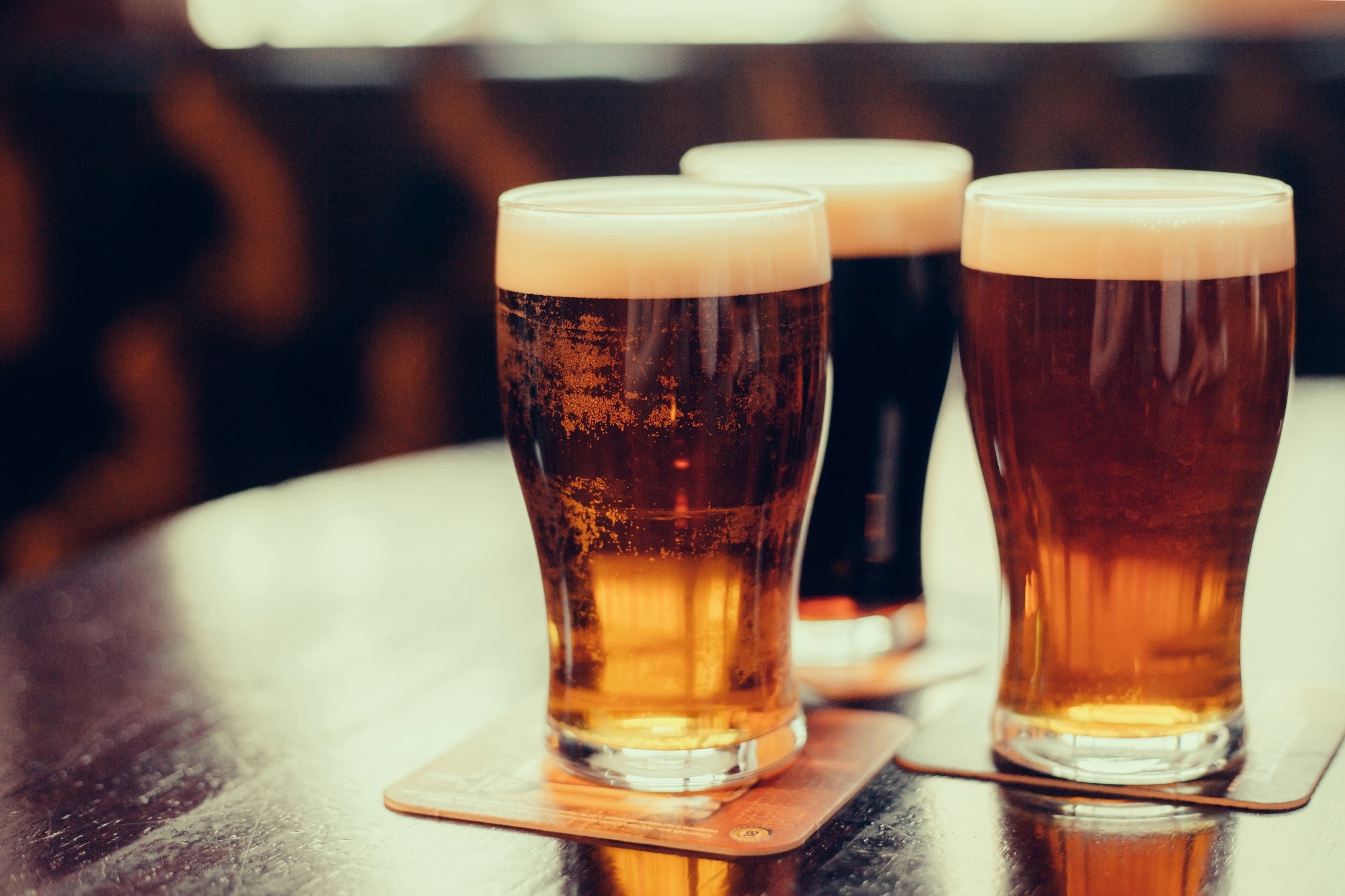The study aimed to analyze the association between beer consumption and the modulation of the transcriptomic response of the heart to an oxidative stress challenge induced by myocardial ischemia (MI).
 Study: Effects of Antioxidants in Fermented Beverages in Tissue Transcriptomics: Effect of Beer Intake on Myocardial Tissue after Oxidative Injury. Image Credit: Viiviien/Shutterstock.com
Study: Effects of Antioxidants in Fermented Beverages in Tissue Transcriptomics: Effect of Beer Intake on Myocardial Tissue after Oxidative Injury. Image Credit: Viiviien/Shutterstock.com
Background
Polyphenols found in fermented beverages like wine and beer have been proven to provide protection against oxidative stress. Cardiovascular disease is significantly impacted by oxidative stress, which is responsible for its development and advancement.
Further research is required to fully explore the molecular-level effects of fermented beverages on cardiovascular health despite their potential benefits.
About the study
In the present study, researchers examined how beer consumption affects the heart's transcriptomic response to an oxidative stress challenge caused by myocardial ischemia (MI) in a pre-clinical swine model with hypercholesterolemia.
Female pigs were fed a hypercholesterolemic diet and divided into different groups. The low-dose beer group was administered 12.5 g of alcohol per day, the moderate-dose beer group was administered 25 g of alcohol per day, and the control group was given a hypercholesterolemic diet without any beer.
Animals were fed for 10 days before undergoing a 90-minute close-chest mid-left anterior descending coronary artery balloon occlusion. They were then sacrificed 21 days after experiencing MI.
Beer was administered to the subject twice daily, in the morning and afternoon, during feeding time. Samples were collected from the myocardium 21 days after MI during the sacrifice. The study compared the effects of different beer doses on the post-MI heart transcriptome.
The researchers conducted a gene set enrichment analysis (GSEA) to rank genes based on their fold-change between low- and moderate-dose beer regimes.
The team conducted a leading-edge assessment of the Gene Ontology terms "oxidative phosphorylation" and "ribonucleic acid (RNA) splicing" to examine the potential dose impacts on these gene sets.
A cutting-edge analysis was carried out to assess the effect of varying levels of beer intake on the immune response. The analysis focused on the Gene Ontology terms "humoral immune response" and "positive regulation of inflammatory response".
Results
The heart transcriptome was altered in a dose-dependent manner by beer consumption. The low-dose beer had a minor impact on the heart's gene expression, but the moderate-dose beer had a significant effect on the transcriptome compared to the control.
The consumption of moderate amounts of beer led to a decrease in the activity of genes linked to RNA processing and the spliceosome. A direct dose-dependent effect was found for both sets of genes.
The study analyzed the differences in gene expression between low- and moderate-dose beer regimes based on fold-change. Significant detection of positive enrichments of gene sets related to the immune response was observed.
The team also discovered contrasting outcomes for low and moderate beer intake when Gene Ontology terms "positive regulation of inflammatory response" and "humoral immune response" were explored.
Low-dose beer consumption inhibited genes related to the immune response, while moderate consumption stimulated their expression.
Conclusion
The study findings showed how beer consumption may impact the heart's response to oxidative damage. The study found that beer consumption had varying effects on gene expression, as well as inflammation and the immune response.
These effects were dependent on the dosage of beer consumed. The data presented suggested that consuming fermented beverages in low-to-moderate amounts may have positive effects on cardiovascular health.
Understanding how low-to-moderate beer consumption protects the heart could lead to new therapeutic options and nutritional interventions to enhance post-MI recovery.